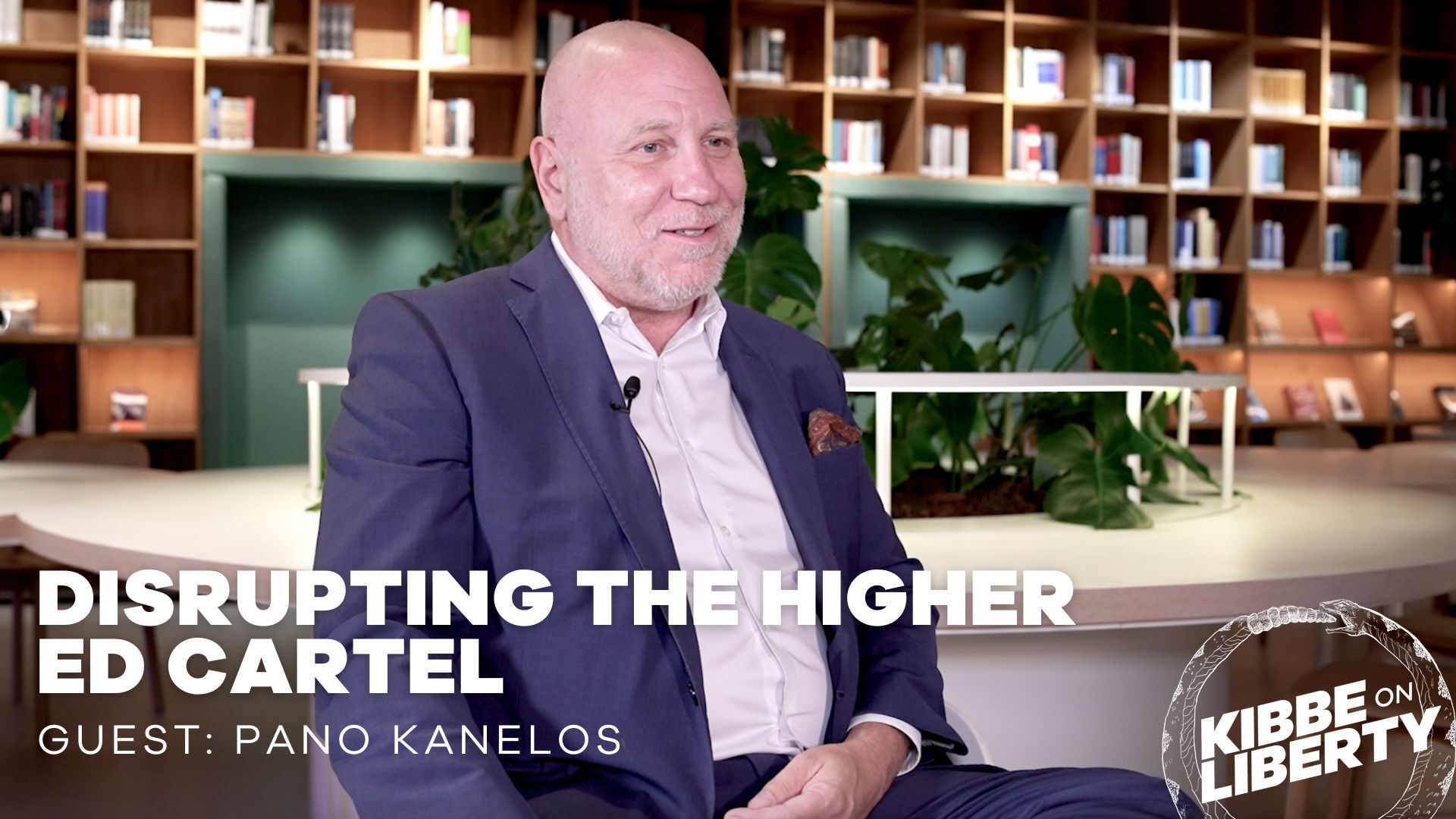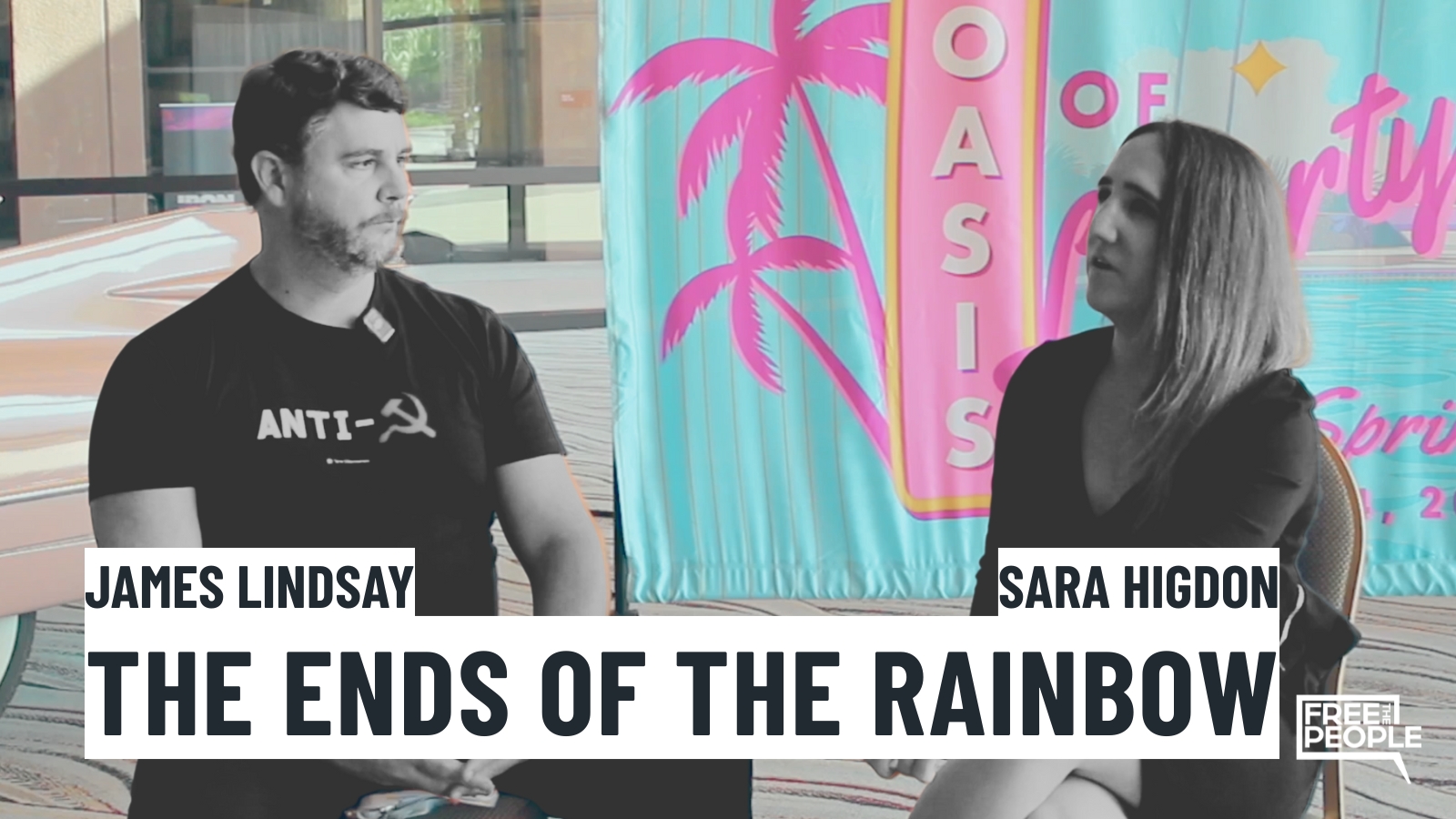
Man Up and Read, Dammit
“Maybe every generation thinks the next one is the end of it all. Bet there are people in the Bible walking around, complaining about kids today.” —Roger Sterling
Like many of his pin-sharp bon mots, Roger is mostly right. (God even engraved “Don’t give Mom and Dad any lip” on the Ten Commandments—twice, because the kids didn’t listen well enough the first time.) But I doubt the “these darn youths” gripers of Noah’s apocalyptic era would find purchase with the generational worry du jour. Mainly because most Old Testament scrabblers were too busy working their behinds raw to make food spring from sand to bother learning to “read.”
The Atlantic just published a fretful essay on college students being woefully unprepared to do what was once considered exceedingly commonplace: read a book, from beginning to end, in that order. Wait: Don’t dismiss the piece out of hand, lumping it in with the perennial “kids aren’t all right” polemics that have been cropping up since Allen Bloom’s cantankerous day. This isn’t an exaggerated lament that 18-year-olds aren’t browsing The Golden Bough betwixt Budweiser binges—or that they’ve never encountered the Old English preposition betwixt before. Today’s students can’t even manage to drag their eyes across more than a handful of typographed pages. Worse yet, they’ve never been expected to fully crack the spine on a given volume.
Professors profiled by The Atlantic decried the downward learning curve of undergrads. Columbia University Nicholas Dames claims that one female student told him that “she had never been required to read an entire book” in high school. (Though I’d wager a case of Truly she’d read The Notebook had someone thrust it in front of her eyes—am I right, ladies? Heh heh. *Piercing, razor eyelashed stares.* Nevertheless.) Princeton historian Anthony Grafton croaks that “students arrive on campus with a narrower vocabulary and less understanding of language than they used to have.” Georgetown English chair Daniel Shore crabs that his students can’t focus enough to get through a sonnet.
I mean, can you really blame Hoyas for not wanting to endure “Shall I compare thee to a summer’s day?” smack in the middle of fall semester, when leaves are flaring and the mornings are crisp-cold?
Universities, even our most prestigious, ivy-grown, brick-borne legacy schools, are no longer the classical refuges of social thought, with kasaya-clad dedicants eremetically translating found fragments of the Herculaneum scroll. Nor are they the debate clubs and debauched quad of Brideshead Revisited. They’re more like protective resorts with cruise-like amenities that also happen to offer card keys to career doors—not places of learning, but earning.
There are more than enough columns in far too many newspapers to count that rattle off everything wrong, broken, misdirected, and perverse about America’s success sequence of “K12 to college, college to corporate.” And I immediately agree with the only honest thing Kamala Harris has ever let creak out of her cracked rictus: “What else do we know about this population, 18 through 24? They are stupid. That is why we put them in dormitories.”
Stupidity, in all its dimwitted, dullard, and knuckle-dragging forms, doesn’t excuse a physical inability to muster through 200 or so pages of fourth-grade-level prose, which is the assumed reading level of most airport bestsellers. A half-century ago, dime-store mysteries and romances enthralled the general population, or at least absorbed their focus enough, during long commutes by train. The same posture holds today: we’ve spent nearly a hundred years staring at our palm while slumping to work. But now straphangers aren’t absorbed by fine-printed text on tissue-paper-thin pages; our eyes are fish-lined into glowing black mirrors that project fire takes and quick dopamine shots that surge through our overwhelmed brains. The smartphone contains the Libraries of Alexandria, Congress, and Heaven, within its microchips, but your average iPhone-hooked working stiff is likely browsing Facebook instead of deep-reading Balzac.
The great, big lingering question that keeps countless adjunct humanities professors up at night, reaching for their unabridged Proust: Does reading a whole book matter? Finishing Charles Dickens doesn’t manifest food on the table; if you need shelter, you’re better off carpentering a lean-to out of hardback Faulkners than reading them. So why bother?
Here’s the third act part of the column where I should wax lyrical on the benefits of enlarging one’s mind, expanding one’s empathy, and stretching one’s understanding through the imaginative projection involved with reading. After all, I wholeheartedly agree with Lionel Trilling summation that “literature is the human activity that takes the fullest and most precise account of variousness, possibility, complexity, and difficulty.” Were my fancy so tickled, I could hold forth on the inherent value of the phenomenon when, to crib Chris Koncz, “the reader reads what a writer writes, their consciousness becomes one for a brief period.” It’s a sublime mind meld!
But it’s folly to assume whoever happens to be glossing over this essay is so inclined to devote their energies to seeing themselves in Wharton, Bellow, Roth, Updike, or, for the most bored bourgeoisie, Connell. Our technified knowledge economy, with its ever-ratcheting up efficiencies and algorithmic selfperpetuation, has little time for uncoated paper stock and tight binding. As Auden admitted, poetry (and prose) make nothing happen.
So why dog students who can read a 600-word précis produced by ChatGPT of Abraham Lincoln: The Prairie Years & The War Years instead of lugging around six Sandburg doorstoppers? It’s simple really, and Benthamian enough to convince college students only interested in zipping through their degrees and getting on to money-making. Finishing an entire book, prologue to peroration, is proof positive you’re able to actually accomplish something in spite of the din, buzzing, noise, and multitude of pings vying for our valuable attention. To quote the (comic) bookish Hank McCoy, words are but the accents to action. And the action of turning page after page, setting your conjuring facilities forth on rules of text, considering the author’s meaning, symbolism, irony, and insights, is a notch in your belt. Hell, you might even learn something too.
Sure, thumbing through a tract doesn’t get you one sticker closer to personal pan pie at Pizza Hut. But reading can keep you out of jail: Sam Bankman-Fried once admitted in an interview “I would never read a book.” Like the thumby internet-addled criminal he is, Bankman-Fried elucidated his disdain: “If you wrote a book, you f—ed up, and it should have been a six-paragraph blog post.”
Perhaps if the crypto-crook took a month to read Dostoevsky’s Crime and Punishment, he wouldn’t be sharing a cot with Diddy. That should be enough to scare Gen Z into at least darkening a library’s doors.
Free the People publishes opinion-based articles from contributing writers. The opinions and ideas expressed do not always reflect the opinions and ideas that Free the People endorses. We believe in free speech, and in providing a platform for open dialogue. Feel free to leave a comment.




VN Alexander
It’s nice to read an article by someone who’s obviously read quite a bit.